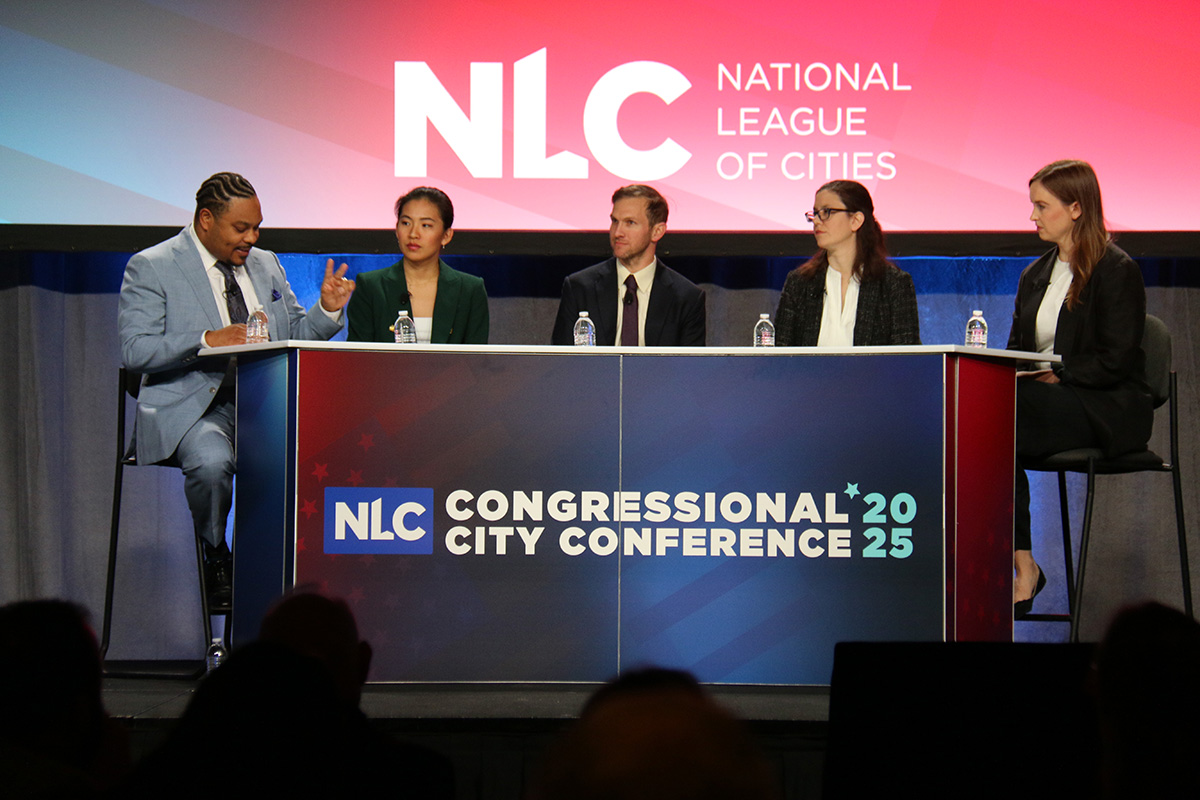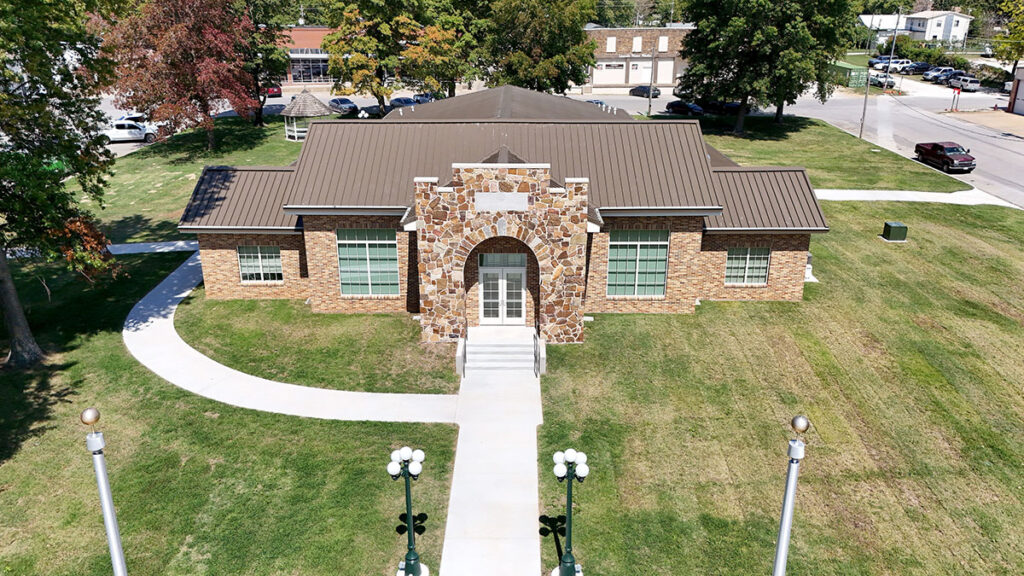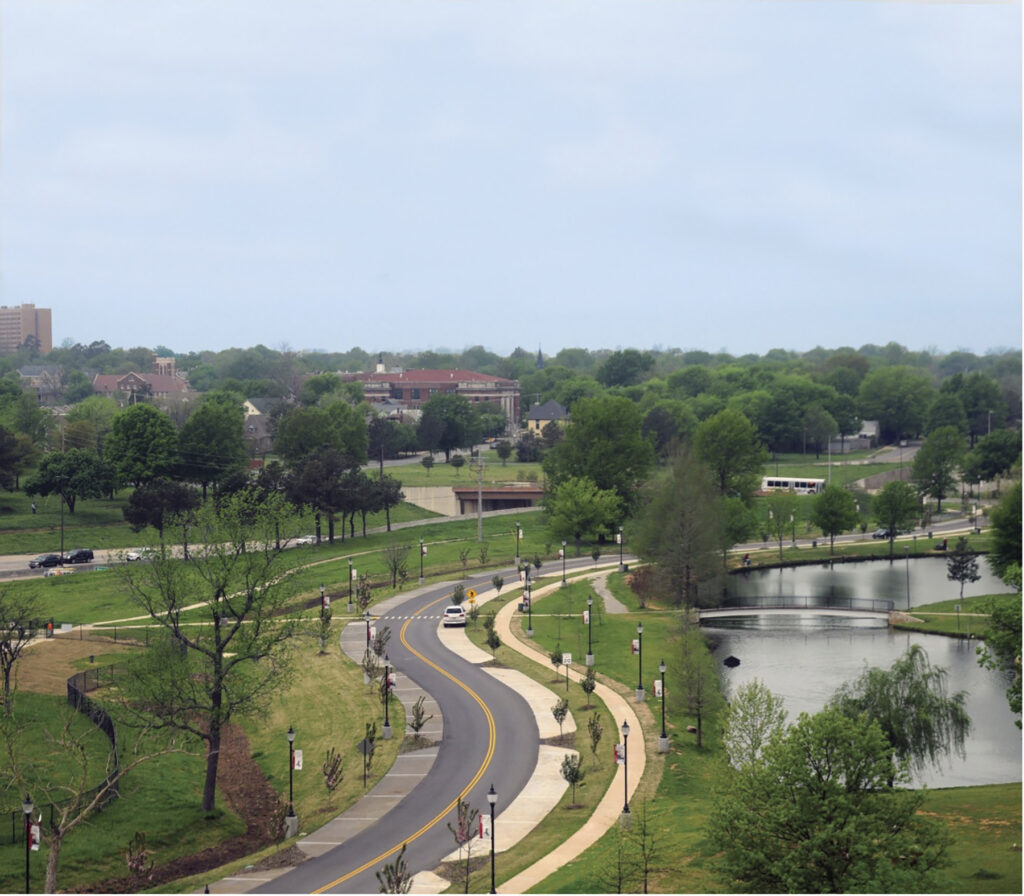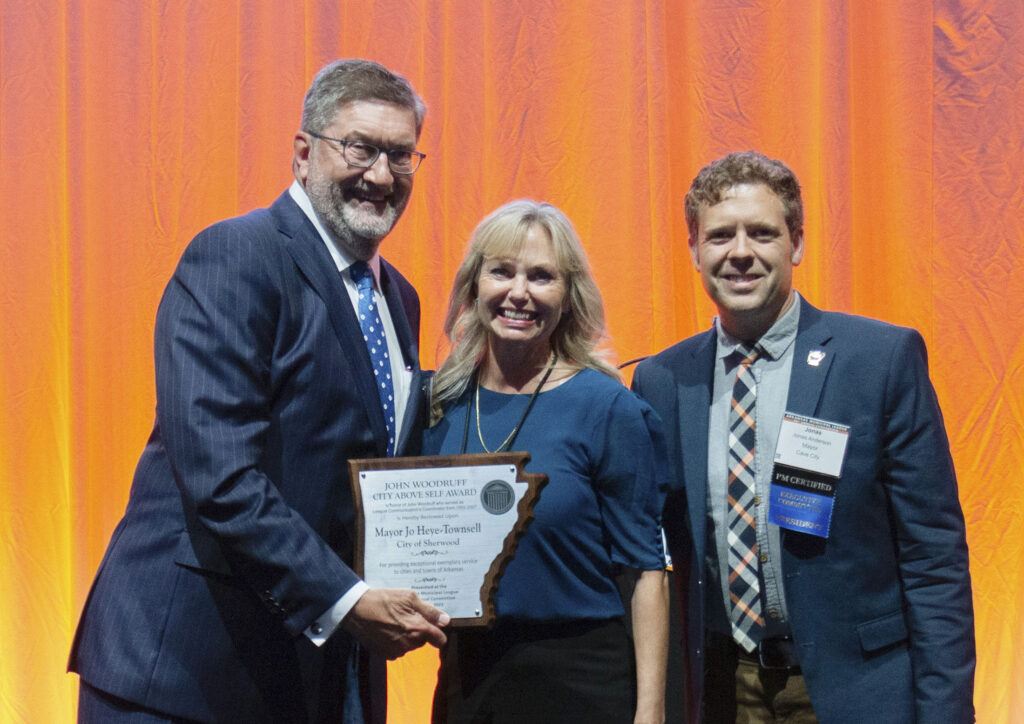Local government officials from cities, towns and villages across the United States convened March 10-12 in Washington, D.C., for the 60th National League of Cities Congressional City Conference. More than 3,000 local leaders were in attendance to hear from Vice President J.D. Vance and members of the Trump administration, congressional leaders, NLC’s leadership and their fellow municipal officials, who discussed issues essential to cities, including the housing crisis and the effects of the myriad executive orders and funding cuts across the federal government in this administration’s first few months in power. The annual conference also gave local officials the opportunity to meet with their congressional delegations to discuss the issues facing their constituents at home.
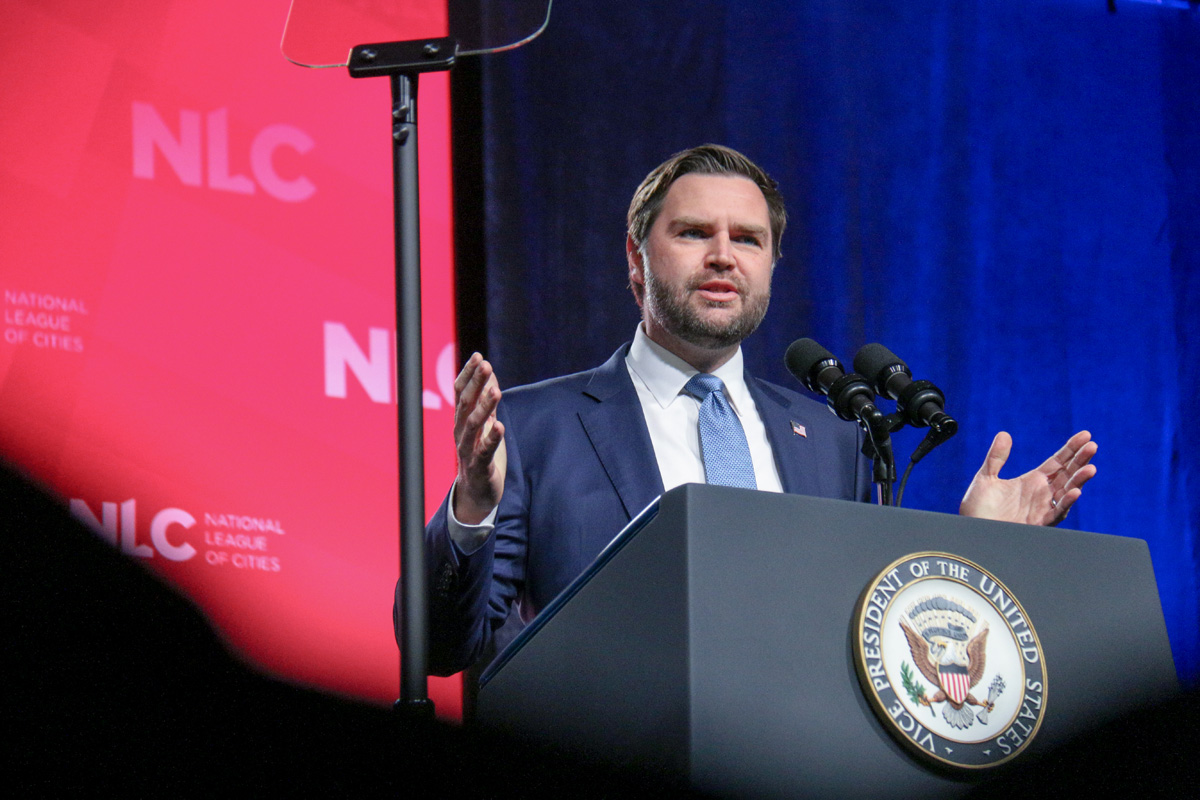

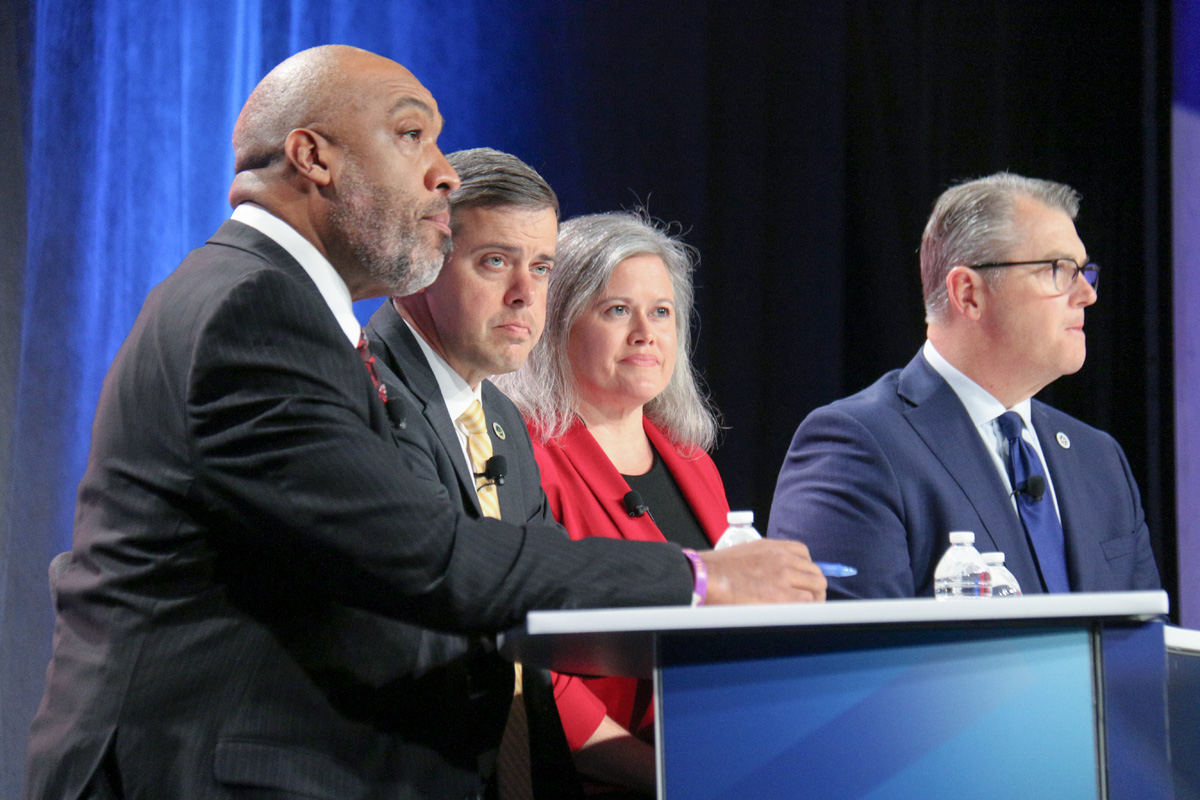
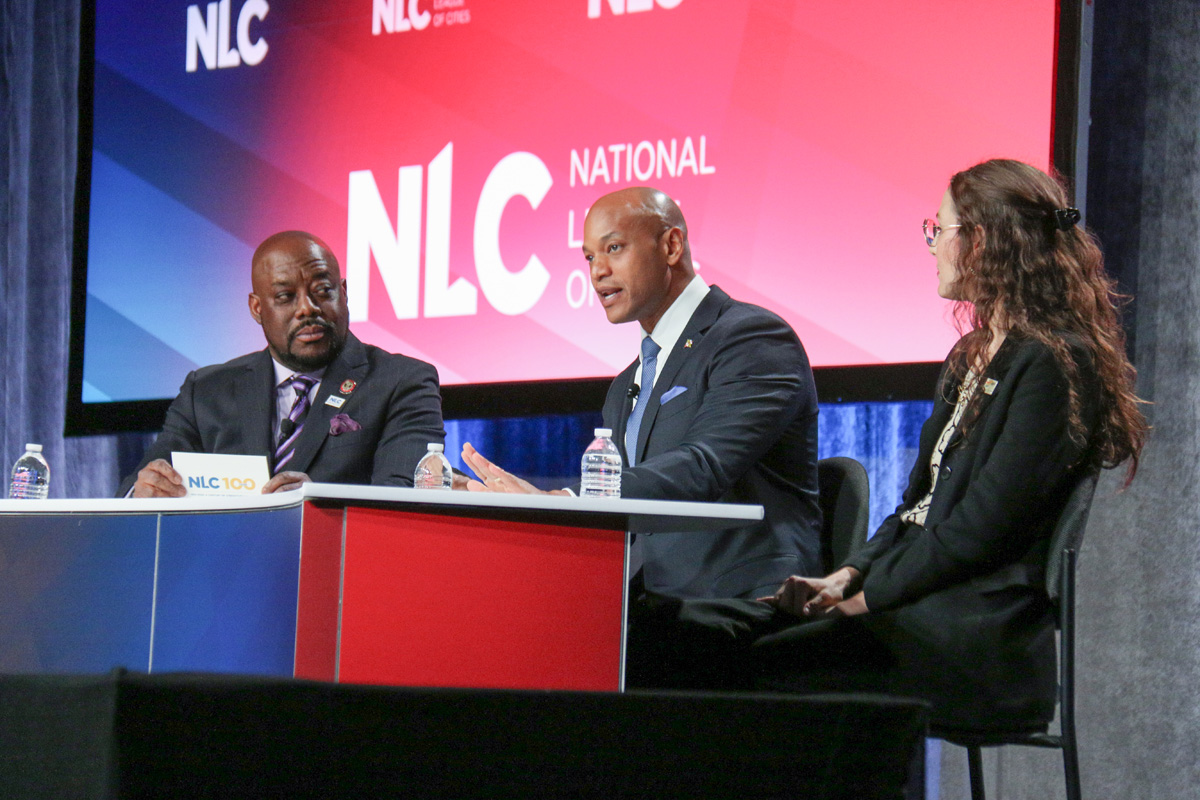

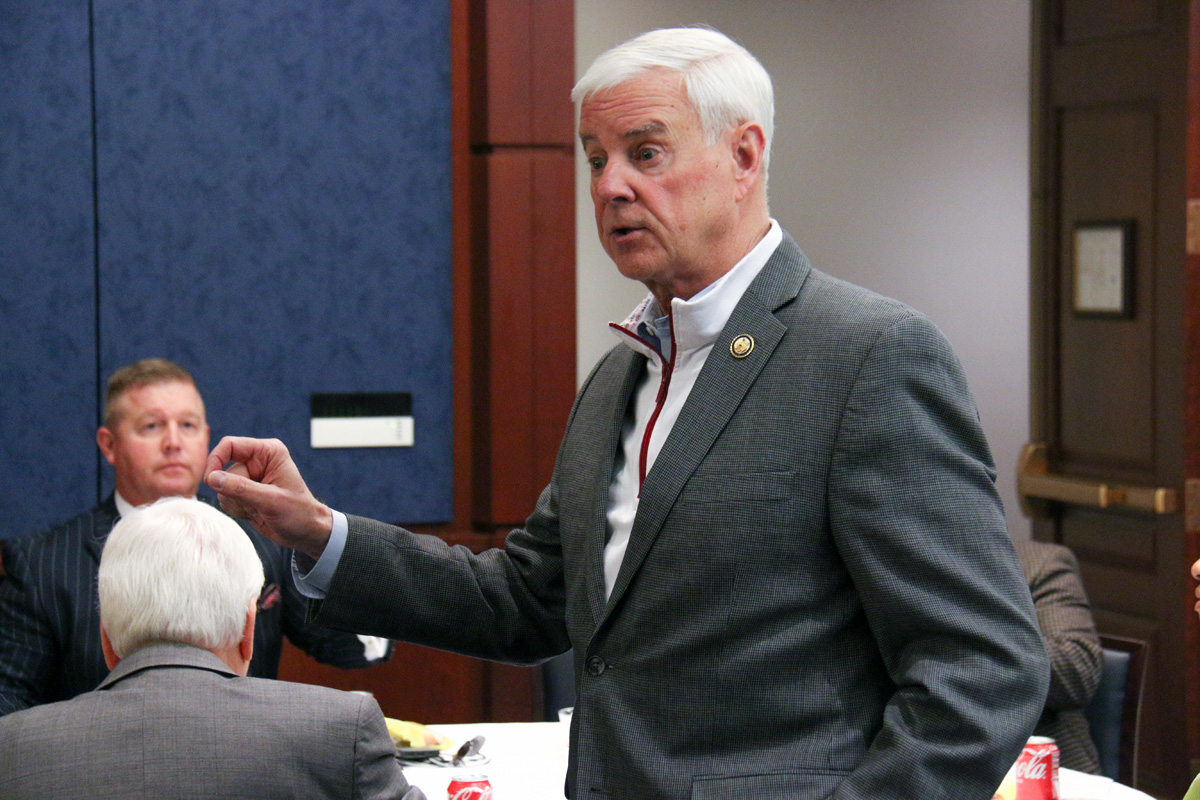
Visit the League’s Flickr page for more photos from the Congressional Cities Conference.

